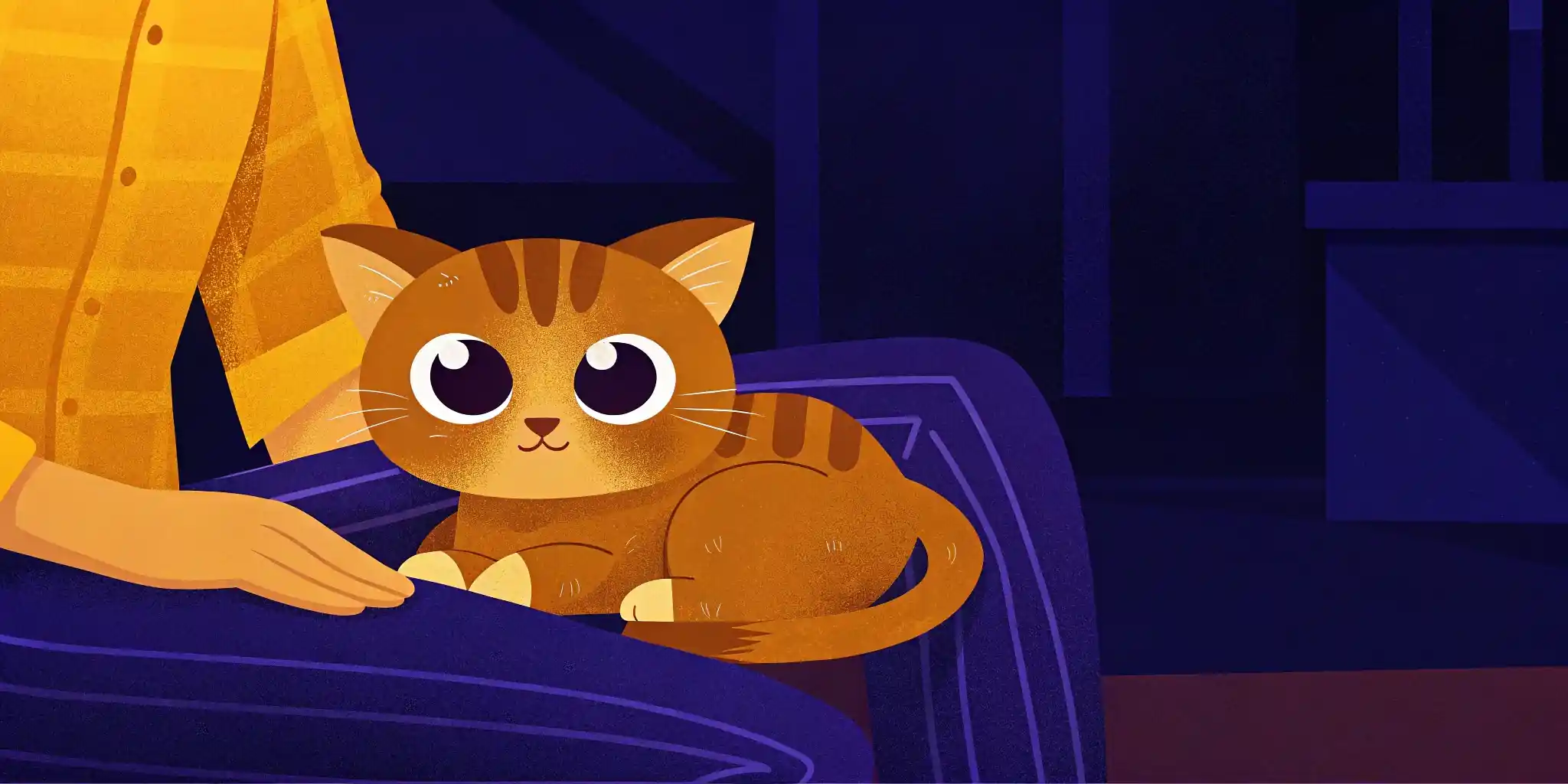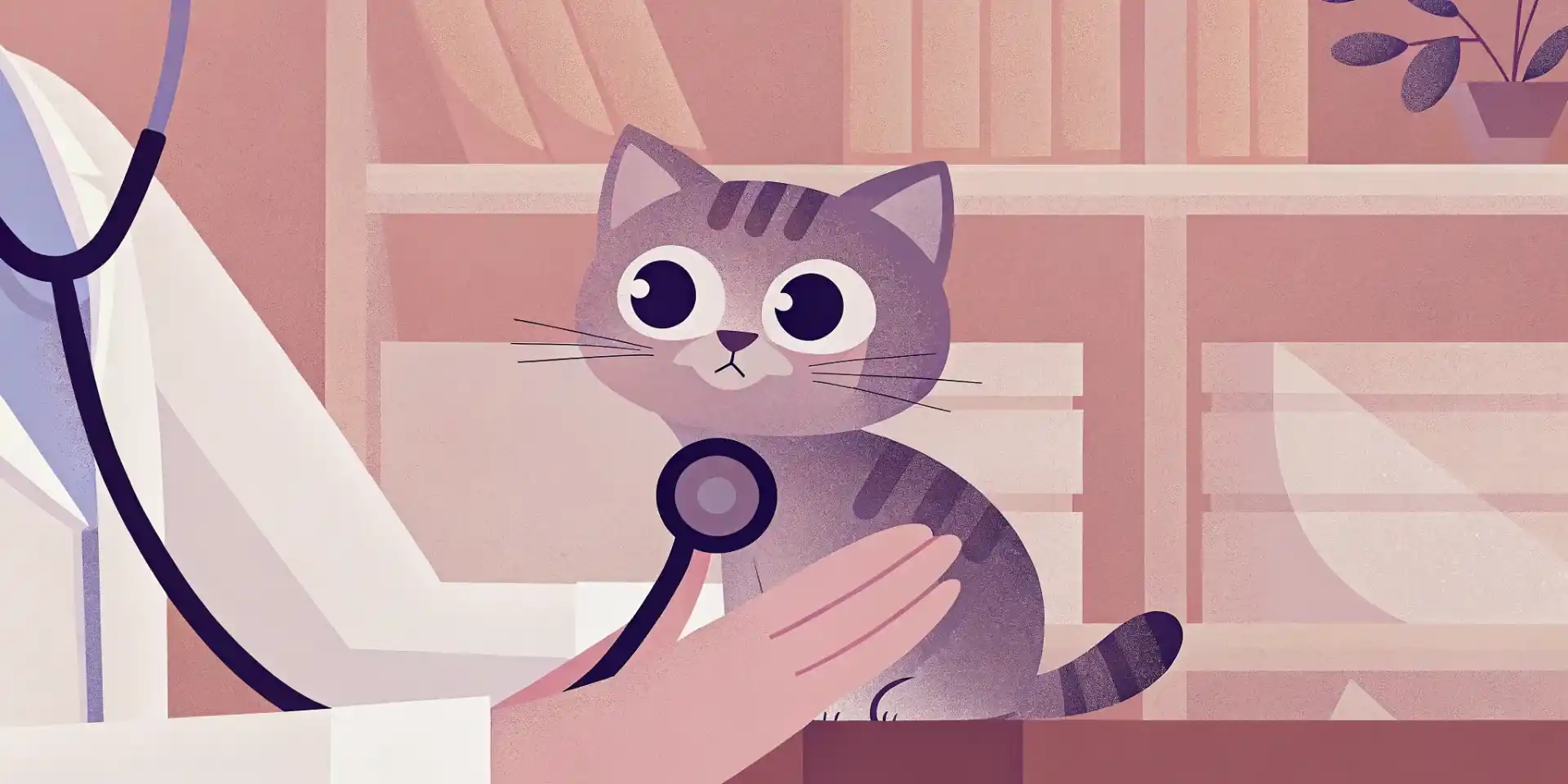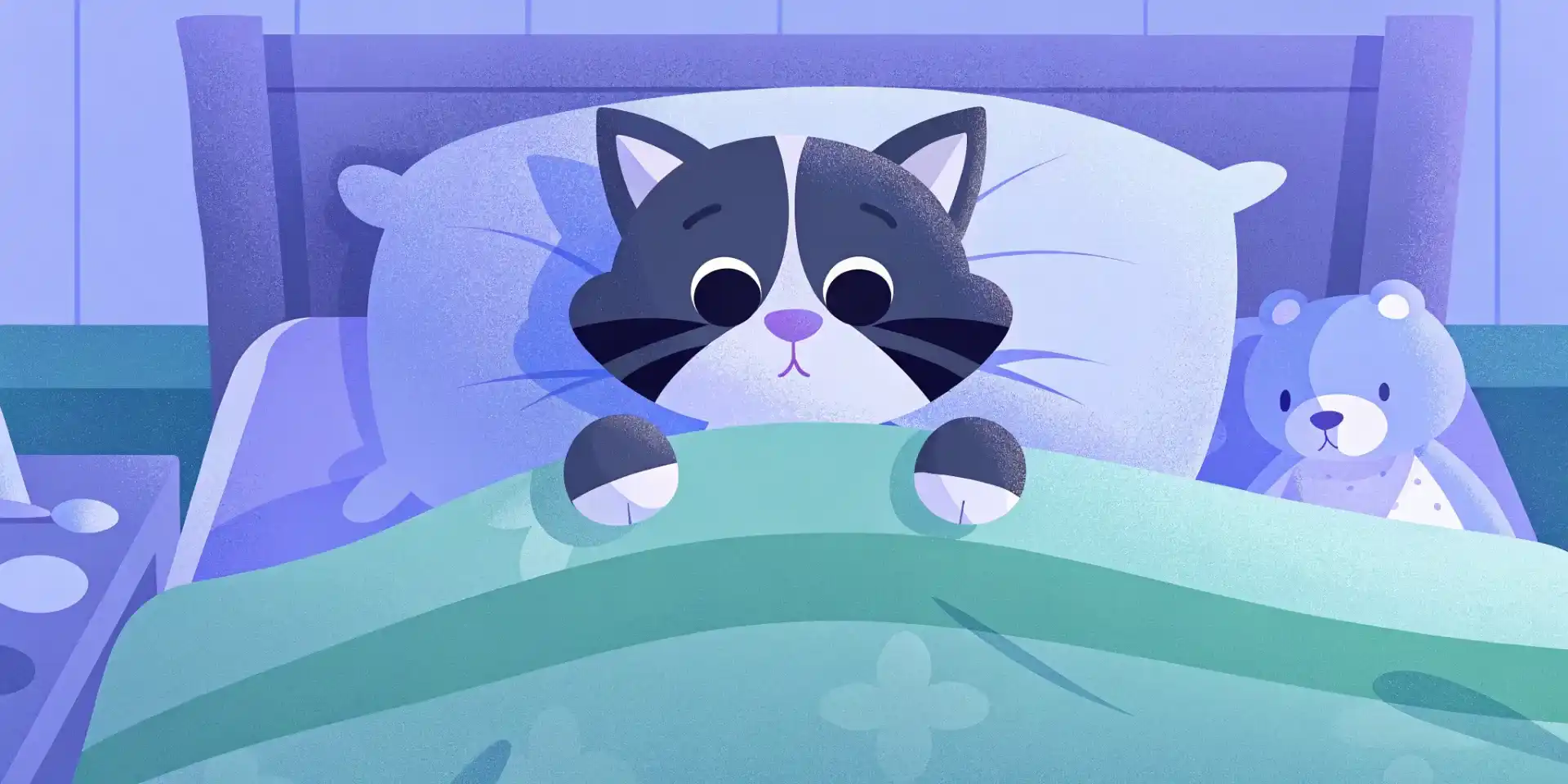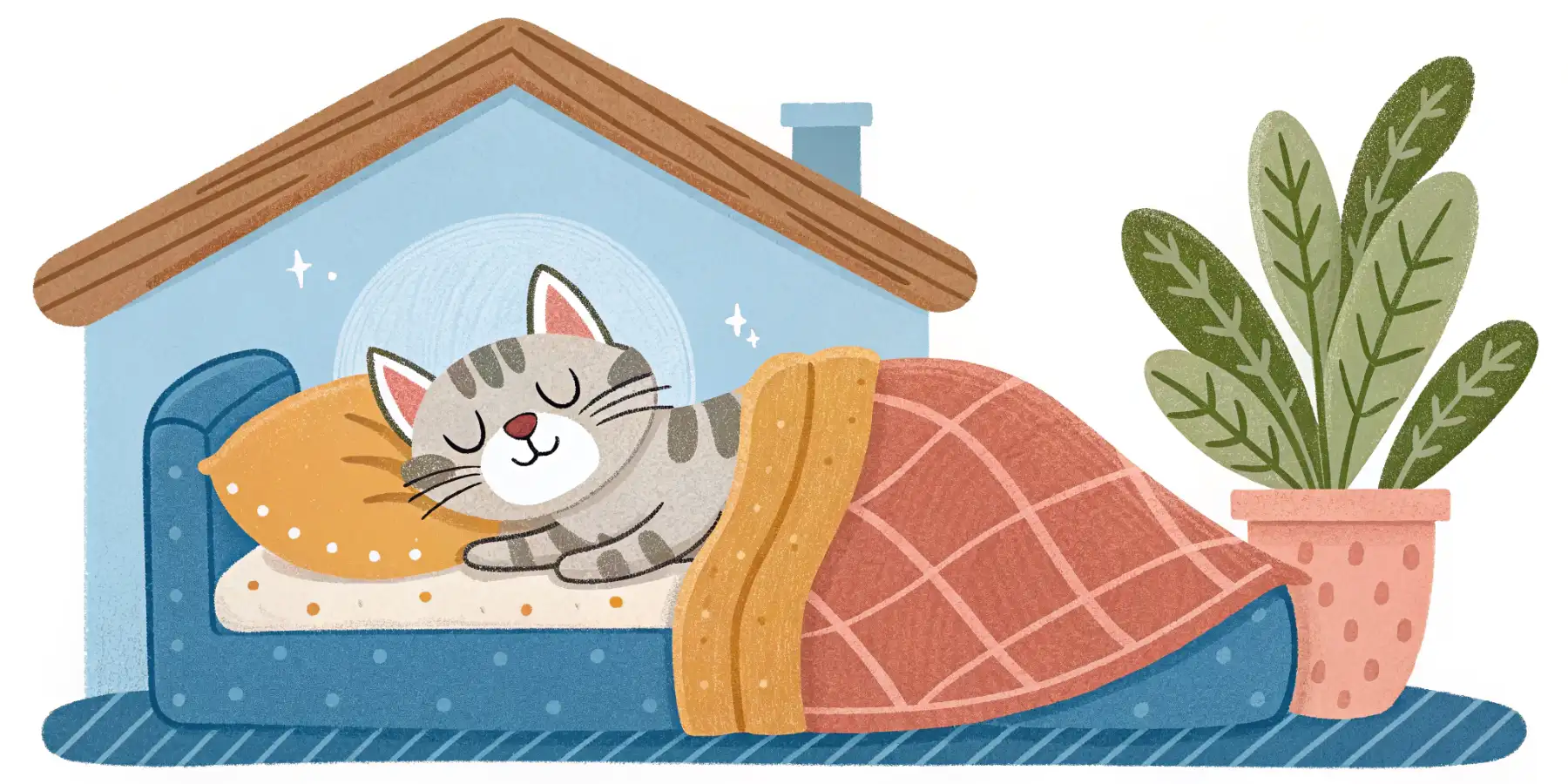
Kitten Spay/Neuter: Best Age & Why It Matters
Kitten spay/neuter: When's the best age? 🤔 Protect their health & help control pet overpopulation! Click to learn more!
Spaying/Neutering Your Kitten: Benefits and Timing
Bringing a new kitten into your home is an exciting time! Between the playful pounces and the adorable cuddles, you’re embarking on a rewarding journey. As a responsible pet owner, one of the most important decisions you’ll make is whether or not to spay or neuter your furry friend. This decision comes with numerous benefits for your kitten’s health, behavior, and the overall pet population. Let’s delve into why spaying/neutering is so important and when the best time to do it is.
What Does Spaying/Neutering Actually Mean?
Let’s start with the basics. Spaying, technically an ovariohysterectomy, is the surgical removal of a female kitten’s uterus and ovaries. Neutering, technically an orchiectomy, involves removing a male kitten’s testicles. Both procedures are performed under general anesthesia by a veterinarian.
Think of it like this: it’s a relatively quick and safe procedure that prevents your kitten from reproducing. But it’s so much more than just preventing unwanted litters.
 A curious kitten. Spaying or neutering your kitten helps prevent unwanted pregnancies and contributes to a healthier life.
A curious kitten. Spaying or neutering your kitten helps prevent unwanted pregnancies and contributes to a healthier life.
The Tremendous Benefits of Spaying/Neutering Your Kitten
The benefits of spaying or neutering your kitten are multifaceted and profound. They extend to your pet, your home, and the wider community.
-
Health Benefits: This is arguably the most significant reason. Spaying eliminates the risk of uterine infections (pyometra) and drastically reduces the risk of mammary tumors in female cats – especially if done before their first heat cycle. Neutering eliminates the risk of testicular cancer and reduces the risk of certain prostate problems in male cats. In my experience, I’ve seen firsthand how spaying has prolonged the lives and improved the quality of life for countless female cats, significantly reducing their risk for deadly diseases.
-
Behavioral Benefits: Spaying can significantly reduce or eliminate heat-related behaviors in female cats, such as yowling, spraying, and excessive affection-seeking. Neutering often reduces or eliminates spraying, roaming, aggression, and other undesirable male cat behaviors. Less roaming means less risk of getting into fights, being hit by a car, or contracting diseases.
-
Preventing Overpopulation: Sadly, millions of cats end up in shelters every year, and many are euthanized due to overcrowding. Spaying and neutering play a vital role in controlling pet overpopulation. It’s a responsible choice that helps reduce the suffering of countless animals. I strongly believe that every pet owner has a responsibility to consider the impact of their choices on the larger pet community. Choosing to spay or neuter your kitten contributes to a more humane and sustainable environment for all animals.
-
It’s Actually More Cost-Effective: While there’s an initial cost associated with the procedure, it’s often less expensive in the long run than caring for a pregnant cat and a litter of kittens, or dealing with potential health problems associated with not spaying or neutering.
When is the Best Time to Spay or Neuter?
Traditionally, vets recommended spaying or neutering kittens around 6 months of age. However, early-age spaying and neutering (also known as pediatric spay/neuter) is becoming increasingly common and widely accepted. This involves performing the surgery on kittens as young as 8 weeks old or weighing at least 2 pounds.
Early spaying and neutering offers several advantages:
- Faster Recovery: Kittens tend to recover from surgery much faster than older cats.
- Lower Risk of Complications: Younger animals generally have fewer health issues, leading to a lower risk of surgical complications.
- Prevention of Unwanted Pregnancies: You can ensure that your kitten never experiences a heat cycle or contributes to unwanted litters. This is especially important if you have multiple cats in your household.
Ultimately, the best time to spay or neuter your kitten is a conversation to have with your veterinarian. They can assess your kitten’s individual health and development and recommend the optimal timing. Factors such as breed, overall health, and lifestyle can influence the decision. It’s crucial to discuss any concerns or questions you have with your vet to make an informed choice.
 A veterinarian examines a kitten, ensuring it is healthy enough for the spay/neuter procedure. Regular checkups are vital for your kitten’s health.
A veterinarian examines a kitten, ensuring it is healthy enough for the spay/neuter procedure. Regular checkups are vital for your kitten’s health.
Addressing Common Concerns About Kitten Spaying/Neutering
Many pet owners have concerns about spaying or neutering their kittens. Let’s address some of the most common ones:
-
“Will it change my kitten’s personality?” In most cases, the answer is no. Spaying/neutering primarily affects hormone-driven behaviors, not your kitten’s core personality. They’ll still be playful, affectionate, and the same wonderful companion you’ve come to love.
-
“Is it cruel to remove their reproductive organs?” From a veterinary perspective, this procedure is not cruel but actually prevents a lot of pain and suffering for your cat. Preventing fatal uterine infections, mammary cancer, and other potential ailments gives your cat the opportunity to live a longer and healthier life.
-
“Will my kitten gain weight after being spayed/neutered?” There’s a slight tendency for spayed/neutered cats to gain weight due to a slower metabolism. However, this can easily be managed through proper diet and exercise. Discuss appropriate feeding guidelines with your vet to maintain a healthy weight for your cat. Consider using a weight management cat food after the procedure to help keep them at a healthy weight.
-
“My indoor cat won’t get pregnant anyway, so why bother?” Even indoor cats can accidentally escape, and even if they don’t, the hormonal behaviors associated with heat cycles can be stressful and disruptive for both you and your cat. Additionally, you’re still contributing to the overall pet overpopulation problem if your unspayed cat accidentally gets out and becomes pregnant.
 A kitten rests comfortably after spay/neuter surgery. Providing a quiet and comfortable space helps ensure a smooth recovery.
A kitten rests comfortably after spay/neuter surgery. Providing a quiet and comfortable space helps ensure a smooth recovery.
The Takeaway: A Responsible Choice for a Healthier, Happier Kitten
Spaying or neutering your kitten is a responsible and loving decision that offers numerous benefits for your pet, your home, and the community. By preventing unwanted litters and reducing the risk of certain health problems, you’re giving your kitten the best chance at a long, healthy, and happy life. Talk to your veterinarian about the best timing for your kitten and make an informed decision that’s right for you and your furry companion. Remember, scheduling your kitten’s spay or neuter is an investment in their well-being and a contribution to a better future for all pets.


